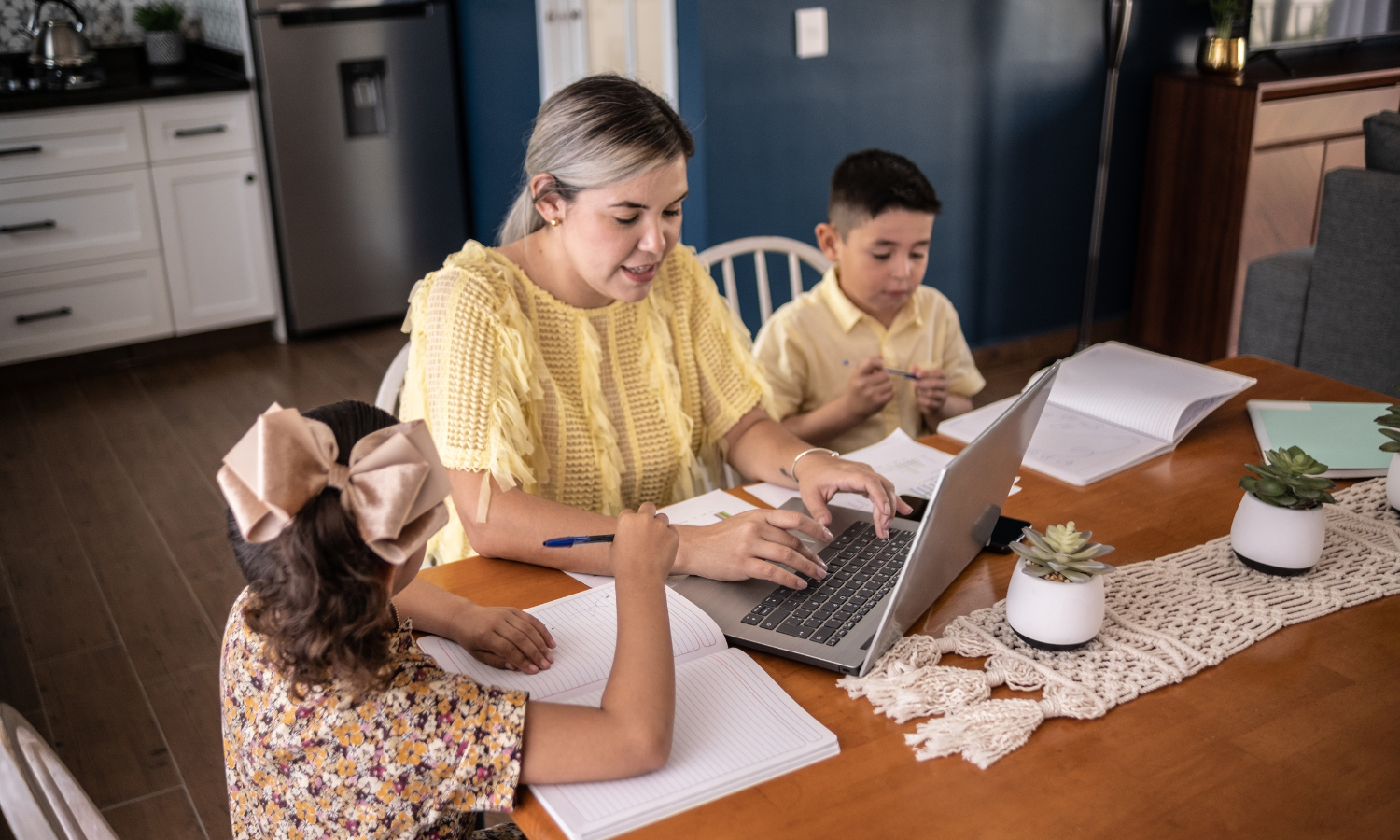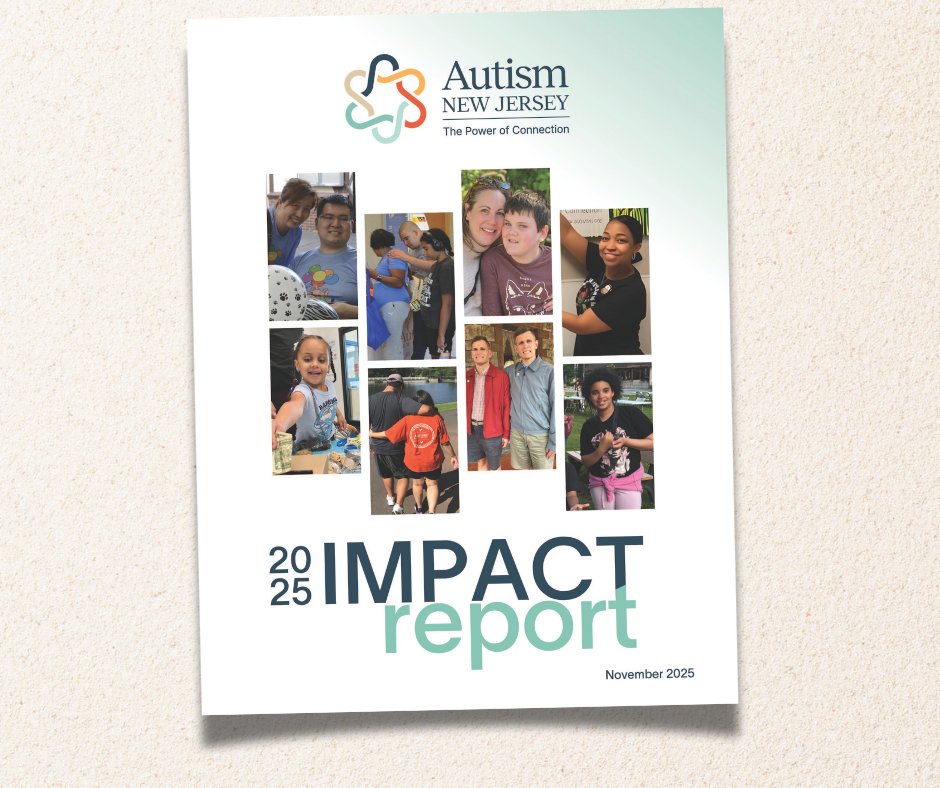Autism New Jersey hosted a presentation about justice for individuals with developmental disabilities in group homes during a webinar this week attended by more than 100 people.
The issue has been a focus in New Jersey newspapers lately, and Paul Aronsohn, New Jersey’s Ombudsman for Individuals with Intellectual or Developmental Disabilities and Their Families, has been calling for massive reform for years. Autism New Jersey’s policy staff has been working with legislators on measures to improve group home oversight.
The goal of the webinar was to have a shared understanding of the investigation process, as a fundamental step toward change, said Dr. Suzanne Buchanan, Autism New Jersey’s Executive Director.
“There’s nothing more important to me and everyone on this call than protecting those who cannot protect themselves,” Dr. Buchanan said during the webinar.
Attendees heard from Deborah Robinson, director of the Office of Program Integrity and Accountability, or OPIA, within the New Jersey Department of Human Services. Director Robinson outlined the investigative process for abuse and neglect, as well as steps her office is taking to improve transparency. She also explained what controls are in place to ensure the quality of investigations.
The OPIA director expressed support for legislation introduced by Senator Joe Vitale aimed at strengthening measures to hold providers accountable and to enhance the review processes that safeguard people with disabilities.
“We are continuously striving to improve,” Director Robinson said. “It’s never enough. There’s always more that can be done.”
Director Robinson said investigators in her office are bound by ethical standards and committed to seeking justice.
“I can assure you the investigators in OPIA want nothing more than to find the truth, and they use every available avenue to get there,” Director Robinson said. “When there is a lack of evidence, or they can’t find answers, they are more disappointed than some of you may expect.”
Attendees also heard from Doreen Yanik, director of Autism New Jersey’s Law Enforcement Initiative, which is increasing the adoption of autism-friendly practices in police forces across the states. Director Yanik provided an overview of the criminal investigation process and their challenges, including the ability to obtain sworn, recorded statements from victims and witnesses.
“Identifying reliable witnesses capable of detailing their observations may unfortunately be hampered by delayed reporting of the incident or a witness’s cognitive abilities and communication deficits,” Director Yanik said.
The ultimate challenge, Director Yanik said, is the higher standard of proof attached to criminal cases.
In addition, the ability of a victim to recount events clearly and answer questions in the interview process is crucial. In cases where the victim is unable to communicate, the prosecution must rely on other evidence including eyewitness testimony, video/audio evidence and forensic or medical evidence, to the extent that such evidence exists.
Without eyewitness testimony, video evidence, or forensic evidence, “this requirement poses a significant barrier to prosecution if a victim is non-verbal or otherwise unable to communicate,” Director Yanik said.
One area that could help make prosecution of abuse/neglect cases more consistent and successful is more training of law enforcement for interviewing individuals with ASD, IDD, and communication disorders, Director Yanik said.
“Creating a supportive environment for victims and their families may prove crucial to the case’s ultimate resolution and the beginning of the victim’s healing process,” Director Yanik said.
Dr. Buchanan said the webinar was designed to convey a large amount of information in an efficient way, and Autism New Jersey intends to offer future opportunities to learn and engage on this critical topic. She also pledged to continue to work toward solutions that strengthen safeguards and improve oversight and accountability.
“Real progress happens when all of us –– parents, providers, advocates and state officials –– work together,” Dr. Buchanan said.









